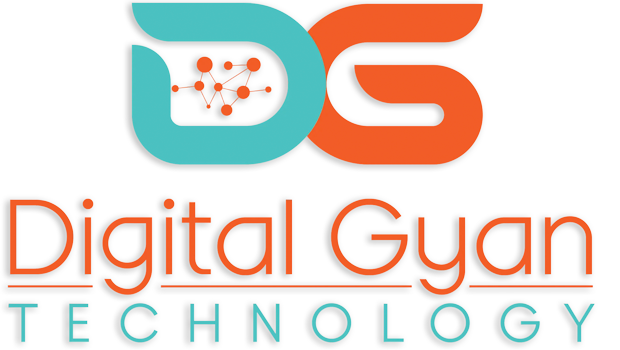Search Engine Optimization (SEO) is essential for online visibility, yet misconceptions often cloud its effectiveness. With algorithms evolving rapidly, relying on outdated practices can harm your strategy. At Digital Gyan Technology, we’ve seen many businesses struggle due to lingering SEO myths. This blog will clear the fog by debunking common misconceptions and highlighting what truly works in 2025. Whether you’re an entrepreneur or a marketer, understanding these truths is key to driving success in the digital landscape.
Myth 1: Keywords Are All That Matter
Once upon a time, keywords dominated SEO strategies. Today, focusing only on keywords can hinder your success. Search engines prioritize intent and context. This shift means that content quality matters more than keyword density. Crafting user-centric content that addresses questions and solves problems is the key.
Myth 2: Backlinks Are the Only Ranking Factor
Backlinks have always been vital for SEO. However, their function and influence have undergone a significant transformation over time. Quality trumps quantity when it comes to backlinks in 2025. Earning links from authoritative and relevant sites carries far more weight. On the other hand, spammy or irrelevant links can hurt your rankings.
Myth 3: Meta Tags No Longer Matter
While meta tags aren’t the sole ranking factor, they still play an important role. Well-crafted meta titles and descriptions significantly enhance click-through rates by capturing user attention and providing a clear, enticing summary of your content. Moreover, a high click-through rate signals search engines that your content is valuable. Ignoring meta tags can mean losing out on potential traffic.
Myth 4: SEO Is All About Rankings
Ranking on the first page of search engines is great. However, rankings alone don’t guarantee success. User experience (UX), conversion rates, and engagement metrics matter equally. These factors ensure visitors stay on your page and take desired actions.
Myth 5: Long Content Always Performs Better
Long-form content has its advantages but isn’t always the best option. Content should match the search intent. Sometimes, concise and well-organized posts perform better. Users value clarity and relevance over word count.
Myth 6: Social Media Doesn’t Impact SEO
Although social media doesn’t directly influence rankings, its impact on SEO is undeniable. Social platforms drive traffic and build brand awareness. When your content is shared widely, it gains visibility and authority. This can indirectly enhance your search rankings by improving user engagement and signaling to search engines.
Myth 7: SEO Is a One-Time Effort
SEO requires consistent effort. Algorithms change, trends shift, and competitors adapt. Regularly refining and updating your strategy ensures you remain competitive and adapt to changing trends and algorithms. Carefully tracking performance metrics and implementing data-driven adjustments are essential for achieving optimal results. Failing to prioritize SEO can lead to a significant decline in your search engine rankings.
What Really Works in 2025?
- Focus on User Intent
Understanding what your audience wants is essential. Search engines prioritize and reward content that accurately aligns with the specific needs and expectations of user intent. Conducting thorough research helps identify audience needs and preferences.
- Optimize for Mobile
With most searches happening on mobile devices, mobile optimization is critical. A responsive website enhances user experience and improves rankings.
- Leverage AI Tools
Artificial Intelligence is transforming SEO. Tools powered by AI help analyze trends and predict user behavior. These insights improve content creation and strategy planning.
- Prioritize Core Web Vitals
Page speed, interactivity, and visual stability affect rankings. Core Web Vitals focus on these elements, emphasizing performance and usability.
- Create High-Quality Content
Content remains king. High-quality, original, and engaging content drives traffic and builds trust. It’s crucial to offer real value to your readers.
- Utilize Structured Data
Structured data provides search engines with detailed context, enabling them to interpret and categorize your content more effectively. Rich snippets and featured snippets increase visibility and click-through rates.
- Embrace Voice Search
Voice search is on the rise. Optimizing for conversational queries and natural language improves accessibility and relevance.
The Bottom Line
In 2025, successful SEO is about staying informed, adapting to changes, and focusing on strategies that truly work. Misguided practices based on outdated myths can derail your efforts, but embracing proven techniques ensures sustainable growth. At Digital Gyan Technology, we specialize in cutting-edge SEO strategies tailored to your goals. By prioritizing user experience, high-quality content, and emerging trends, you can stay ahead of the competition. Ready to transform your online presence? Let’s collaborate and create an SEO strategy that delivers real results.

